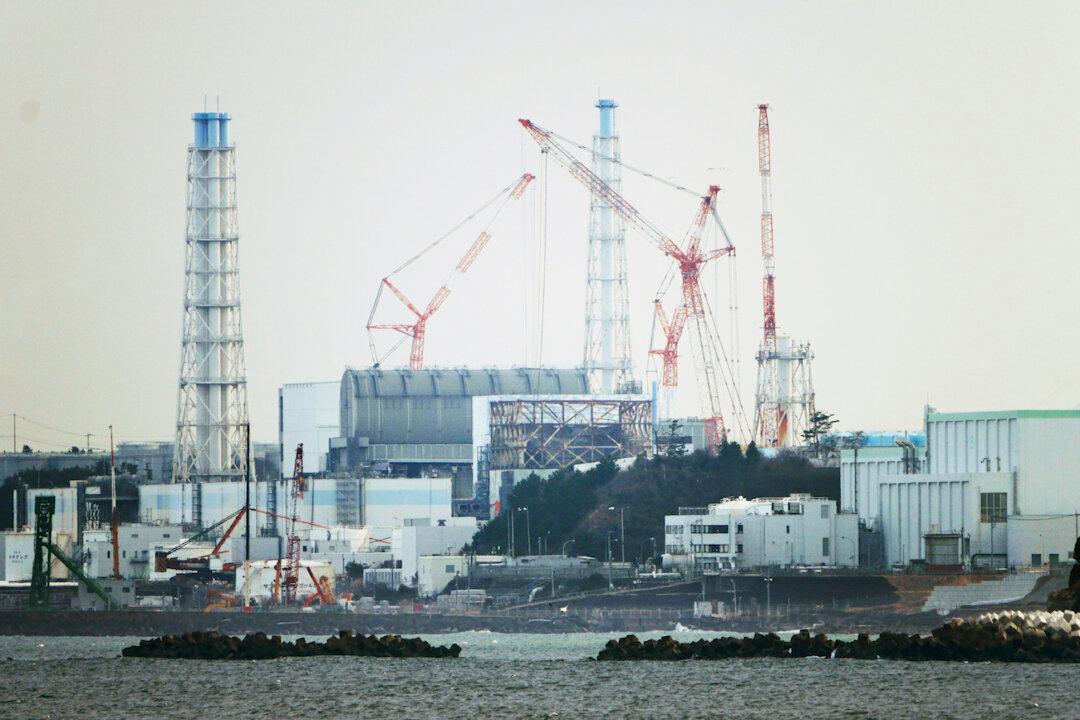South Korea’s Ocean Ministry said on Aug. 27 that tests carried out on the country’s seawater showed radiation levels remain below the World Health Organization’s (WHO) standards for drinking water.
Radiation tests were conducted for the first time at 15 locations near South Korea’s waters after Japan began releasing treated radioactive water from the Fukushima nuclear power plant into the sea on Aug. 24.





